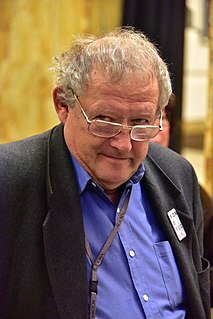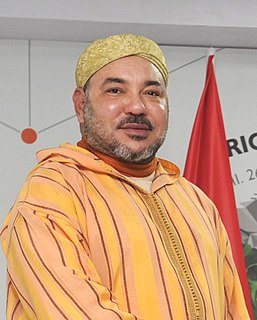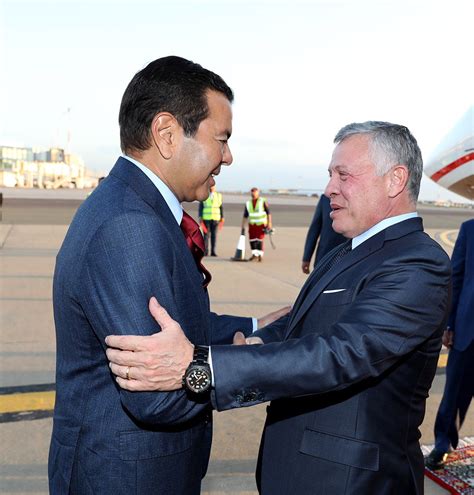A Quote by John McCain
Each Middle East country has their own unique kinds of challenges; but the fundamentals, the desire for democracy and freely elected governments is a common thread throughout.
Related Quotes
Israel's democracy is the bedrock on which our relationship stands. It's a shining example for people around the world who are on the frontline of the struggle for democracy in their own lands. Our relationship is also based on our common interest in a more stable and peaceful Middle East, a Middle East that will finally accord Israel the recognition and acceptance that its people have yearned for so long and have been too long denied, a Middle East that will know greater democracy for all its peoples.
Iran is a country that talks about, denies the Holocaust, promises to wipe out Israel, is engaged in terror throughout the world. This is a regime that is giving vent to the worst impulses that you see right now in the Middle East. They deny the rights of women, deny democracy, brutalize their own people, don't give freedom of religion.
There's kind of a hidden point which isn't being brought out, and that is that it is inconceivable that the U.S. would permit democracy in the Middle East, and for a very simple reason. Just take a look at polls of Arab public opinion. They exist. You can't find them in the press, but they exist from prestigious polling agencies. Released by major institutions. And what they show is that if there was democracy in the Middle East, the entire U.S. program for domination of the Middle East would be down the tube.
There are going to be a lot of questions, not just in my country, but across the Middle East. Is Israel going to continue to be "Fortress Israel"? Or, as we all hope, become accepted into the neighborhood, which I believe is the only way we can move forward in harmony. And no matter what's happening in the Middle East - the Arab Spring, et cetera, the economic challenges, high rates of unemployment - the emotional, critical issue is always the Israeli-Palestinian one.
I believe that the Iraqis have an opportunity now, without Saddam Hussein there, to build the first multiconfessional Arab democracy in the Middle East. And that will make for a different kind of Middle East. And these things take time. History has a long arc, not a short one. And there are going to be ups and downs, and it is going to take patience by the United States and by Iraq's neighbors to help the Iraqis to do that. But if they succeed, it'll transform the Middle East, and that's worth doing.
Sadly, a U.S. invasion of Iraq 'would threaten the whole stability of the Middle East' - or so Amr Moussa, secretary-general of the Arab League, told the BBC on Tuesday. Amr's talking points are so Sept. 10: It's supposed to destabilize the Middle East. The stability of the Middle East is unique in the non-democratic world and it's the lack of change in Iraq, Iran, Saudi Arabia, Syria, Egypt that's turned them into a fetid swamp of terrorist bottom-feeders.
For too long, many nations, including my own, tolerated, even excused, oppression in the Middle East in the name of stability. Oppression became common, but stability never arrived. We must take a different approach. We must help the reformers of the Middle East as they work for freedom, and strive to build a community of peaceful, democratic nations.
































